William St-Clair brought his profound appreciation of the Romantic writings of the early nineteenth century to his study of the Parthenon Marbles. It was this literary expertise in the world of the Godwins and the Shelleys, Byron and Keats, that imbued his work on the building with unusual qualities. Inspired by the poets’ passionate devotion to Greece, he was especially shocked by Elgin’s careless desecration of the Parthenon and dedicated a lifetime of research to the circumstances that had permitted it.
As early as 1967 he published Lord Elgin and the Marbles. The controversial history of the Parthenon Sculptures, which was revised in two subsequent editions and translated into several languages. In 1998 the third edition incorporated the discoveries he had made concerning the treatment of the Marbles by the British Museum. Following the trail for reliable information, he prised open detailed accounts of the cleaning that whitened but disastrously damaged their surfaces.
By questioning the arrangements Elgin made with the local Ottoman authorities, William had revealed much greater detail of their illegality, which also sparked increased attention to the British Museum’s acquisition and guardianship of the Parthenon Marbles. He presented his research in numerous lectures including the annual Runciman lecture at King’s College London in 2012, when Nicholas and Matti Egon hosted a brilliant dinner in his honour. He was Chairman of Open Book Publishers, who also republished his classic study That Greece might still be free. The Philhellenes in the War of Independence’ (1972) in a revised edition in 2008.
We salute William’s determination to unravel the circumstances of the Parthenon Marbles’ journey to England and the significance of the removal of such vital symbols of Greek culture. We will miss his unmistakable presence and enthusiasm at events to celebrate the Marbles and to campaign for their reunification, and we mourn his untimely passing. With deepest condolences to his family and many friends among the giants of the UK literary world.
BCRPM's Honorary President Anthony Snodgrass knew William St Clair since the 60's and writes:
'At times, William St.Clair seemed to have lived more than one life. Even in our supposedly 'globalised' age, it came as a revelation to many of his fellow campaigners for the reunification of the Parthenon Marbles, to learn that he was also an acclaimed literary and historical authority on the Romantic Era - to the point where, on the strength of this, he had been elected a Fellow of the British Academy back in 1992. The same may have been partly true in reverse; and to both parties, it was surprising to find that he had served for years as a senior civil servant in the Treasury, whose research was at first a side-line. His later academic appointments are too numerous to list in detail here, but they covered Trinity College, Cambridge, All Souls at Oxford, the School of Advanced Study in London, Harvard and the Huntington Library in California.'
To read all of Anthony's tribute to William, kindly see the attached here .
You can also hear William speaking to student Nina Kelly in September of 2020 on a subject that he loved to speak about, the Parthenon and its sculptures.
In October 2017, the debating society at UCL schedule a debate for the evening of the 23rd with the motion: 'This House believes the Elgin Marbles should be repatriated'. The evening, part of society's weekly debate series, was held at the Bloomsbury campus in London and the speakers for the motion included William St Clair, Tom Flynn and Alexi Kaye Campbell. Below all three speakers pictured with Chair of BCRPM, Janet Suzman. The motion was carried in favour of repatriation.

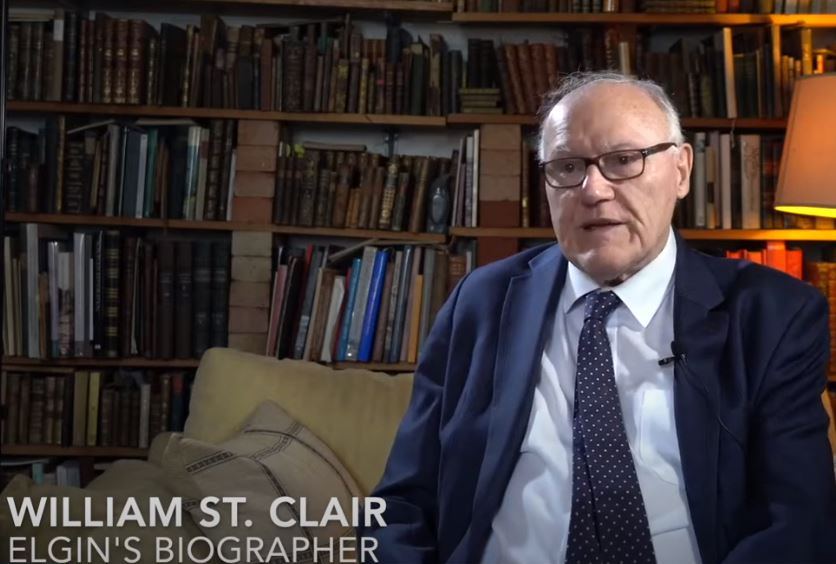
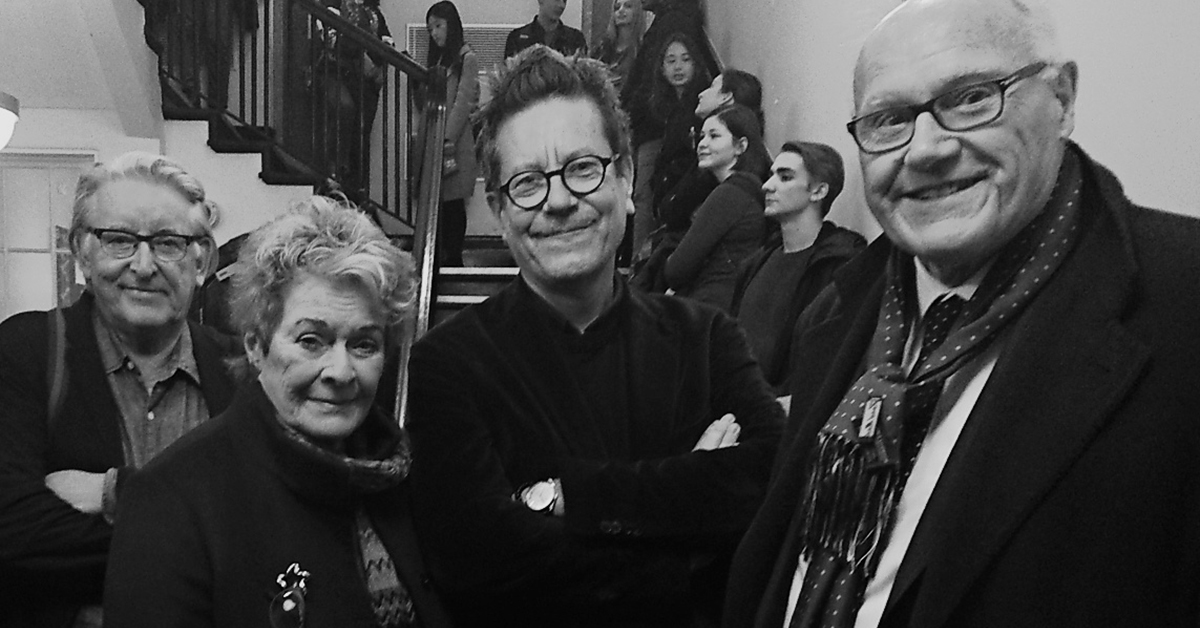
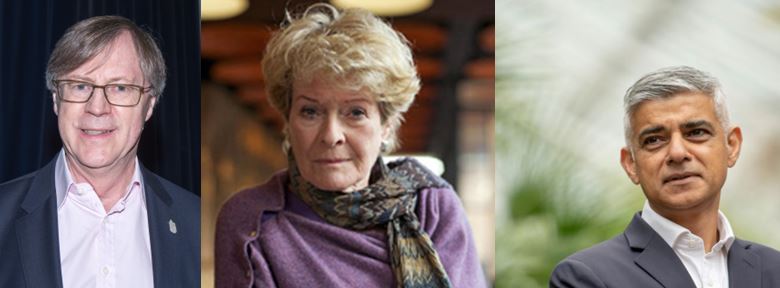
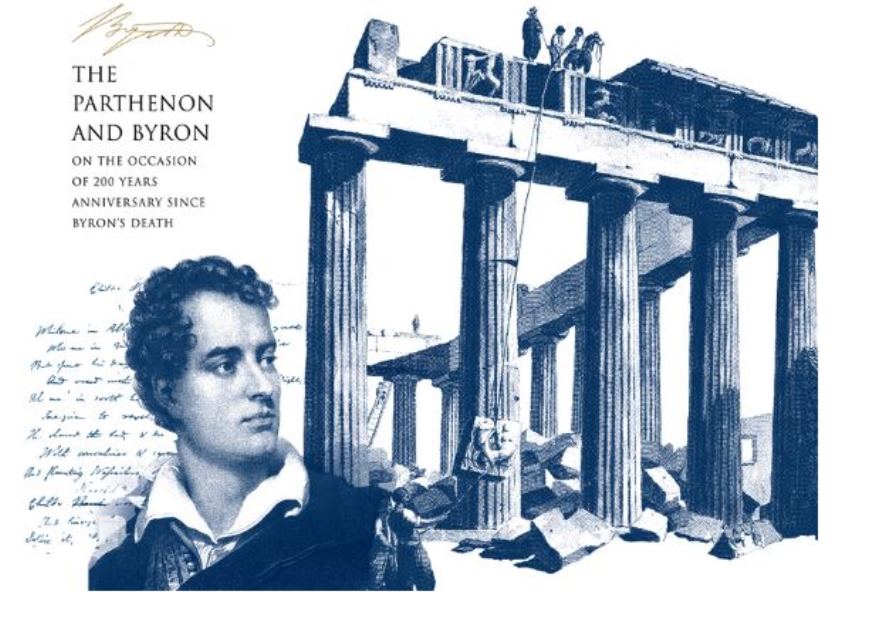
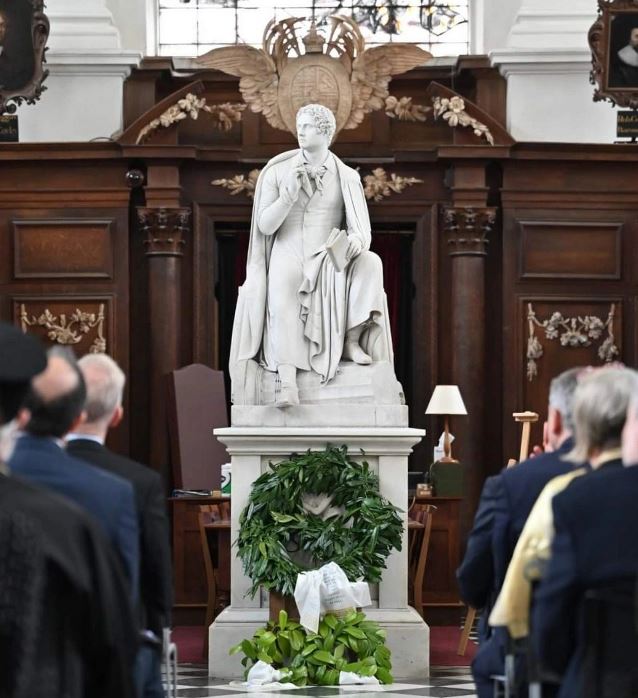
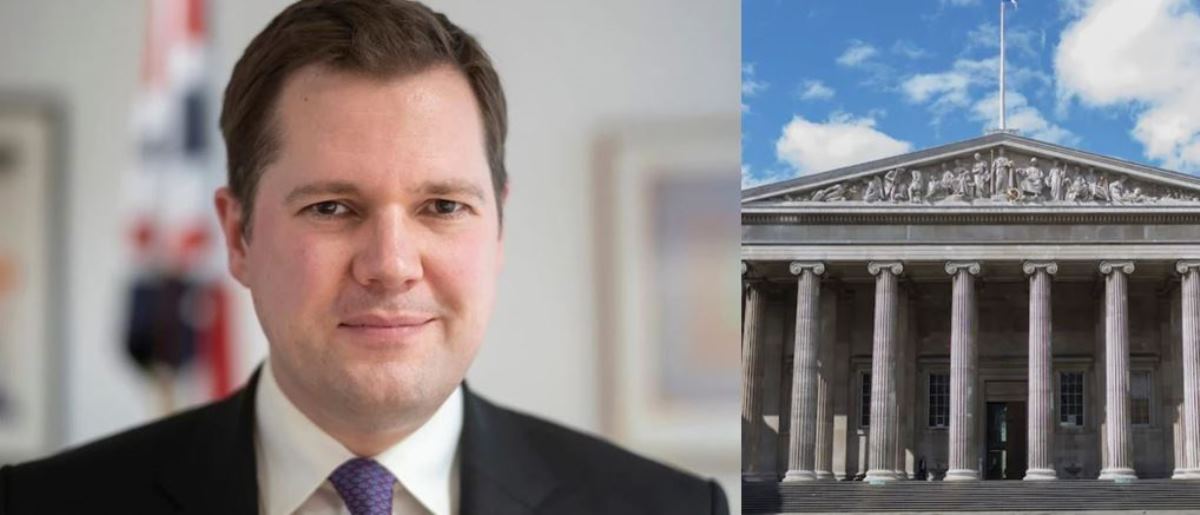
Comments powered by CComment